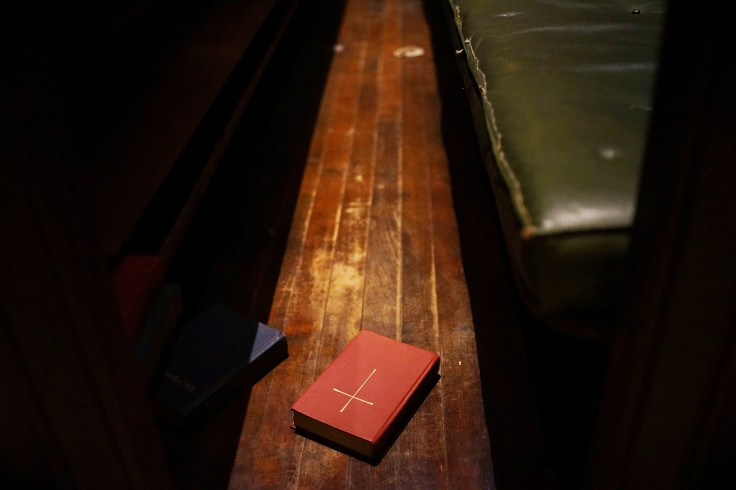Trainee priests get glossary to untangle the Book of Common Prayer's trickier words
Some struggle to decipher the old-fashioned language.

It is the mainstay of the Church of England but for many would-be priests in the faith, the archaic language of the Book of Common Prayer can be hard to decipher.
That is why trainee clergy will now get glossaries to help them comprehend the more old-fashioned terms of the book which was first created by Thomas Cranmer in 1549.
The list will include explaining terms like "eschew" meaning "avoid", "concord" which means "agreement" and "froward" which means "contrary".
It also comprises of words that are in common use today but had different meanings than intended when they were first put down in the document that cemented the Anglican communion and other Anglican churches in the wake of the Reformation.
These are words like "magnify" which once meant to praise greatly, rather than its current meaning of making something look bigger through a looking glass.
The word "meet" back then meant "fitting" rather than to encounter and "comfortable", in the context of the book, means to strengthen and not to be relaxed.
Book of Common Prayer words that need explanation
Eschew - avoid
Concord - agreement
Froward - contrary
Magnify - praise highly
The Prayer Book Society will provide the glossaries in the copies of the traditional service book it provides to first-year theological students.
The Society's press officer, Tim Stanley, told the Telegraph: "The language is quite Shakespearey. It's very beautiful but it's very ancient and there are some words in it which modern readers might find difficult to understand."
The Society said in a statement: "Although Cranmer committed himself to setting out church services in 'a tongue understanded of the people,' the meaning of some of his language – as with Shakespeare's – has changed over the centuries."
© Copyright IBTimes 2025. All rights reserved.






















